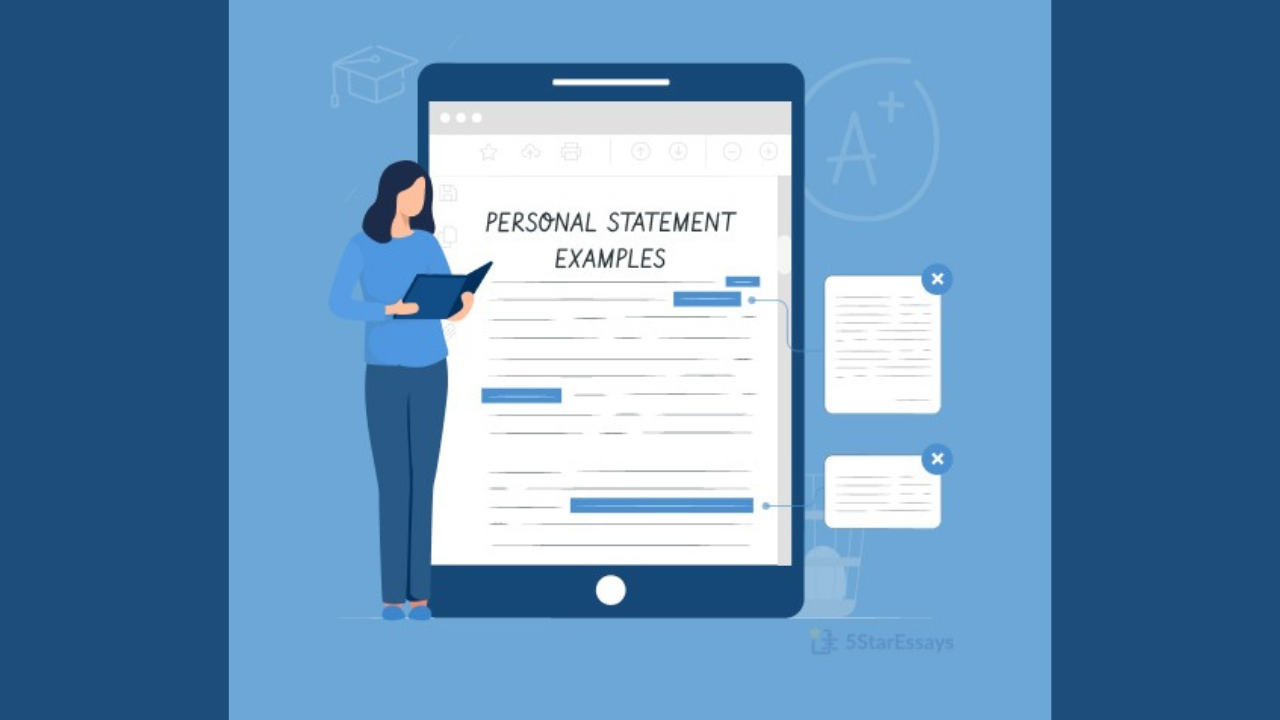How to Write Powerful Personal Statements That Stand Out to Admissions Tutors

When it comes to applying for university, one part of your application can make all the difference: your personal statement. It’s your chance to speak directly to admissions tutors, beyond your grades and qualifications, and show them who you are. But writing a powerful personal statement isn’t easy. It takes thought, structure, and a bit of storytelling magic.
In this guide, we’ll walk you through how to craft a personal statement that truly stands out. We’ll keep the language simple and the advice honest, just the way admissions tutors like it. We’ll also highlight how the UK’s top writing specialists at Personal Statement Service can support you through this process.
What Exactly Is a Personal Statement?
A personal statement is a short piece of writing, usually up to 4,000 characters, that goes to all the universities you’re applying to through UCAS. It’s your opportunity to explain why you want to study your chosen subject, how you’re prepared for it, and what makes you a good fit.
As of 2026, UCAS has moved away from one long-form statement and now uses a structured three-question format. This new structure helps students stay focused and gives admissions tutors clearer insight into the applicant’s strengths.
Why Personal Statements Matter
Universities often receive applications from students with similar grades. Your statement can set you apart. It shows your passion, your journey, and your ability to reflect on your experiences. For competitive courses, it can be the deciding factor between receiving an offer and being rejected.
What Makes a Strong Personal Statement?
Let’s break it down section by section, in line with the new UCAS format:
1. Why Do You Want to Study This Course?
Be specific. Don’t just say, “I’ve always loved biology.” Tell them why. Did a documentary spark your interest? Was there a moment in school when a topic truly clicked? Maybe a family experience led you to want to study medicine or psychology.
Admissions tutors want to see a genuine interest in the subject, not just recycled phrases. Avoid clichés like “since I was a child” unless you back them up with a real story or detail.
2. How Have Your Studies Helped You Prepare?
This is your opportunity to connect your qualifications to the course. Think beyond just listing your A-level subjects. What topics have challenged you? Which areas of your studies relate directly to your university course?
You can also mention super-curricular activities, such as extra reading, online courses (like FutureLearn or Coursera), Extended Project Qualifications (EPQs), or competitions. These demonstrate initiative and curiosity, two qualities that universities value.
3. What Have You Done Outside of School That’s Relevant?
This is about personal growth. Have you volunteered, worked part-time, joined clubs, or taken on responsibilities? Think about how these experiences have developed your communication, leadership, problem-solving, or resilience.
Try to link each activity back to skills that are useful for university study. If you had a summer job in retail, you may have developed practical time management skills. If you play sports, you’ve probably built discipline and teamwork.
Writing Style Matters Too
Although the statement is now structured, it still needs to flow smoothly. Use clear, engaging language. Keep your sentences varied, mix short, punchy ones with longer, more thoughtful ones. That’s where burstiness comes in; it helps your writing sound more natural and human.
Remember, admissions tutors review hundreds of statements. Make yours easy to follow. Avoid big words if a simple one will do. Keep paragraphs short and focused. And always, always proofread.
Common Mistakes to Avoid
- Repeating your CV: Don’t just list achievements, explain them.
- Being too generic: Avoid statements that could apply to anyone.
- Not answering the questions is even more critical with the new format.
- Poor structure: Even within each section, use a beginning, middle, and end.
- Spelling and grammar errors: These leave a bad impression.
How Personal Statement Service Can Help
Crafting a great personal statement doesn’t come easily to everyone. That’s where the Personal Statement Service comes in.
They’re the UK’s leading provider of expert-written personal statements, with over 15 years of experience. Their team includes professional writers and editors who know precisely what admissions tutors are looking for. Whether you need help structuring your ideas or want someone to polish your draft, their services are flexible and personalised.
Their full-service offering includes a detailed questionnaire, one-to-one consultation, and a professionally written statement tailored to your course, background, and ambitions. They also offer editing-only packages if you’ve written a draft and want expert feedback.
In a time when competition for university places is fiercer than ever, having a well-crafted personal statement can give you the edge. It’s not just about writing well, it’s about writing strategically.
READ MORE
Final Thoughts
A strong personal statement doesn’t just tick boxes. It tells a story, your story. It shows who you are, what you care about, and where you’re headed. So take the time to reflect. Be honest. Be specific. And if you need help, don’t be afraid to reach out to the professionals at Personal Statement Service.
You only get one chance to make a first impression; make sure yours counts.
